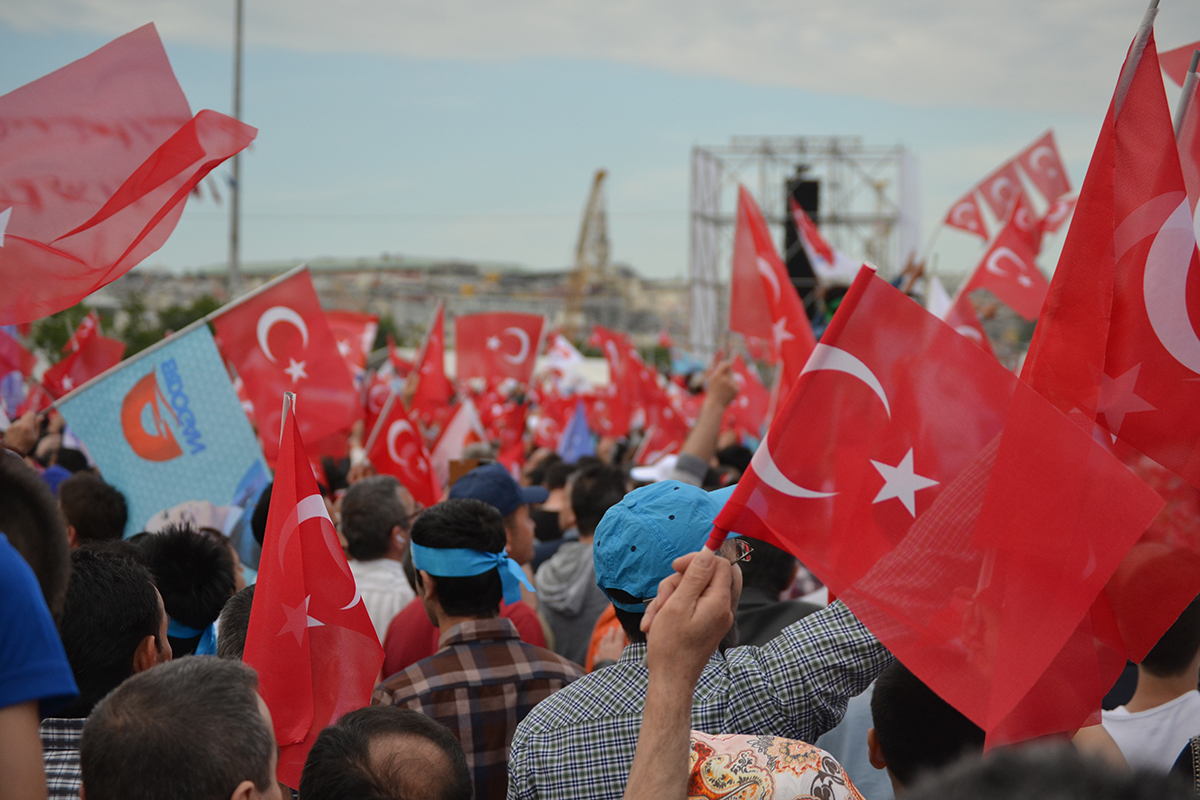Turkey is set to hold a runoff election on May 28 as President Recep Tayyip Erdogan, the long-standing leader, fell short of winning outright against his opponent Kemal Kilicdaroglu.
According to Turkey’s Supreme Election Council, neither candidate achieved the required 50% majority after all ballot boxes were opened, indicating a voter turnout rate of 88.92%, as confirmed by council chairman Ahmet Yener.
Although Erdogan performed better than some opinion polls had predicted, Kilicdaroglu faces a challenging battle to win the second round.
The official final results of Turkey’s election will be announced on Friday, as stated by the chairman of Turkey’s supreme election council, Ahmet Yener.
With the final count, the electorate will proceed to a second round of voting that could either extend Erdogan’s 20-year grip on power or pave the way for a political shift.
As the results began to emerge in the early hours of Monday, both candidates sought to re-energize voters, highlighting their contrasting conservative and secular approaches to governance.
Erdogan claimed to be “already ahead” of his “closest rival.”
“We are already ahead of our closest rival by 2.6 million votes. We expect this figure to increase with the official results,” he remarked.
While acknowledging that his camp is uncertain whether the presidential election will be concluded in the first round, Erdogan expressed confidence in finishing with over 50% of the votes.
Leading up to the election, the leader of the ruling Justice and Development (AK) Party faced numerous criticisms, including accusations of negligence following a deadly earthquake on February 6 and overseeing an unorthodox fiscal policy that led to a cost of living crisis.
His decision to maintain close relations with Russia amid the Kremlin’s conflict in Ukraine also strained ties with NATO allies when he blocked requests for Finland and Sweden’s accession to the transatlantic military alliance. Erdogan’s campaign emphasized the stability of his long rule, an independent foreign policy, and lower retirement age.
Kilicdaroglu, representing an election coalition of six opposition parties, pledged to overhaul Erdogan’s Islamist-leaning policies in favour of a more secular approach and address Turkey’s economic challenges.
In a video message on Twitter, Kilicdaroglu vowed to fight until the end.
“I swear I will fight until the end. I. Am. Here,” he stated in the video released after the announcement of the runoff vote scheduled for May 28.
Earlier, he welcomed the prospect of a runoff vote and expressed confidence in his party’s triumph.
The deciding factor
Supporters of both candidates claimed momentum on their side, but a crucial third component may influence the runoff’s outcome.
Ogan, a 55-year-old far-right candidate, holds enough support from the first round to swing the vote in favour of either Erdogan or Kilicdaroglu, depending on whom he chooses to endorse.
Speaking at a press briefing in Ankara on Sunday, Ogan acknowledged the challenging 15 days ahead.
“We will do our best to make this process good for our nation and our country. At this time, we are not saying that we will support one party or the other.”
In an interview with Reuters on Monday, Ogan stated that if he allies, there will be no concessions on repatriating refugees, as Turkey’s intake of asylum seekers from neighbouring Syria has become a central topic in the country’s political debate.
“We have certain red lines (to support any candidate), such as fighting against terrorism and sending refugees back. We have voiced these conditions before,” Ogan said before the runoff announcement.
Ogan argued that the opposition needs more votes due to a lack of confidence from voters.
“The elections are heading to a runoff because the opposition has not been able to inspire enough confidence in the voters. They must reassure the people that they can effectively solve Turkey’s problems. I would say that the opposition is the most affected by the earthquakes on February 6,” Ogan added.
The upcoming runoff election in Turkey holds significant implications for the country’s future. Erdogan, who has been in power for two decades, will face a fierce challenge from Kilicdaroglu and his opposition coalition. The election outcome will determine whether Erdogan can extend his grip on power or if there will be a potential shift in Turkey’s political landscape.
Both candidates will undoubtedly intensify their efforts to rally support and persuade undecided voters in the lead-up to the decisive second round. The alliance with Ogan, the far-right candidate, could also play a crucial role in determining the final results. His endorsement could sway the outcome in favour of either Erdogan or Kilicdaroglu, depending on whom he chooses to support.
As Turkey awaits the official announcement of the final election results on Friday, the country remains on edge, anticipating the momentous runoff election that will shape its political trajectory in future years.







